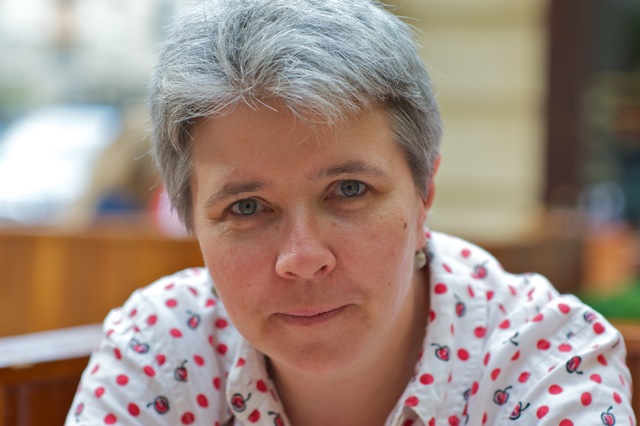 From the outgoing chair
From the outgoing chair
This May marks the end of my term as COPE chair, an organisation I’ve been part of for over a decade now, with the past six years as Chair.
It’s been a time of momentous and dizzying changes in academic publishing, driven by both technology and idealism. Notable changes include the increasing move to open access publishing, (my competing interest is that working in open access is my day job: COPE council members, trustees and officers are all unpaid volunteers); the rise of online commenting on sites such as PubMed Commons and PubPeer; recognition for reviews with Publons; the rapid rise of preprints; the increasing importance of post publication repositories such as PubMed Central; and the launch of many new models of journals across different disciplines, including by funders, such as the Wellcome Trust. Many of these changes are challenging what it even means to be published and they are expanding dramatically the number of people who participate in publishing.
Both in new models and in journals that publish in a more traditional way—still the bulk of journals today—we at COPE have seen an increasing awareness overall of the need to ensure that what is published can be trusted. That’s not say that everything published is perfect, or that everyone has to agree with every article published, but that the publishing system, whatever the model, has to function adequately as a quality control system, pre, post and during publication. Having robust processes in place to handle publication ethics is one part of this quality control function. COPE works to help editors, journals and publishers fulfil this critical function in such a way that it is not just lip service or as an add-on to other business but that is a core part of practice. That we now have more than 11,000 journals and publishers as members, with more wanting to join every month, thousands of visitors to our site, and enthusiastic attendance at virtual and in person meetings, suggests that we are providing a function that is valued and needed.
The importance of good processes is only underpinned by the fact that the types of problems that editors face are increasing in complexity. I’ve written in the past of using the lens of “wicked problems” as a useful way to approach this increasing complexity in publishing and research ethics. Given how intertwined publishing is with academic promotion and incentives, I’m hopeful that as more and more organisations, such as institutions, collaborate with journals and others who already work on publications ethics, we will have more success in unpicking these ethical wicked problems.
Looking forward, however, I see two very specific challenges facing COPE, its members and related organisations that as yet we neither fully understand nor have the mechanisms to handle. The first challenge is what appear to be almost industrial attempts by groups outside of normal publishing practices to subvert processes such as peer review. These actions seem on face value to be driven by perverse incentives but both a more thorough understanding of their origins and cooperation between all related parties is needed to address them head on. This latter practice is something we are beginning to facilitate.
The second challenge is more subtle: how to promote an academic online culture that allows for robust debate and criticism, not just of ethics but of papers and individuals, in a way that is consistently constructive and professional. Toxic online commenting is not just an issue for publication ethics of course, but this behaviour seems to be becoming more prevalent in this arena. In my role at COPE I’ve seen the worst excesses of behaviour that goes far beyond what the academic community should accept. We cannot allow this behaviour to become the norm.
I’ll end on a positive note. Innovation and diversity in publishing look set to accelerate. At the same time, I see increasing consensus among the serious actors in publishing of the need to cement ethical practice at the heart of publishing, whatever the model. I’m proud to have been part of COPE over the past few years as we helped facilitate this consensus.
Marie-Andree Jacobs, who has observed COPE, says the following about our principles and practice in the book Knowledge, Technology and Law: “COPE emphasises that it is precisely because there are many views expressed, and many testimonies, and experiences shared, that it can offer the right advice”.
I’ll sign off my time as Chair by saying how privileged I have been to work with the wonderful staff at COPE, all the council members who give up their time, and the diverse group of editors and publishing professionals from across the world who combine to make these “many views”.
Virginia Barbour, COPE Chair
 Case #17-06
Case #17-06 From the outgoing chair
From the outgoing chair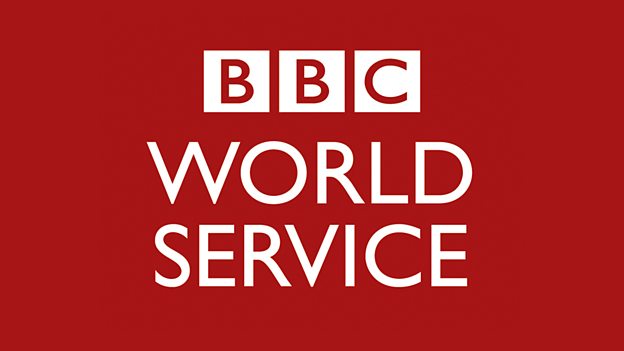 What's wrong with science?
What's wrong with science?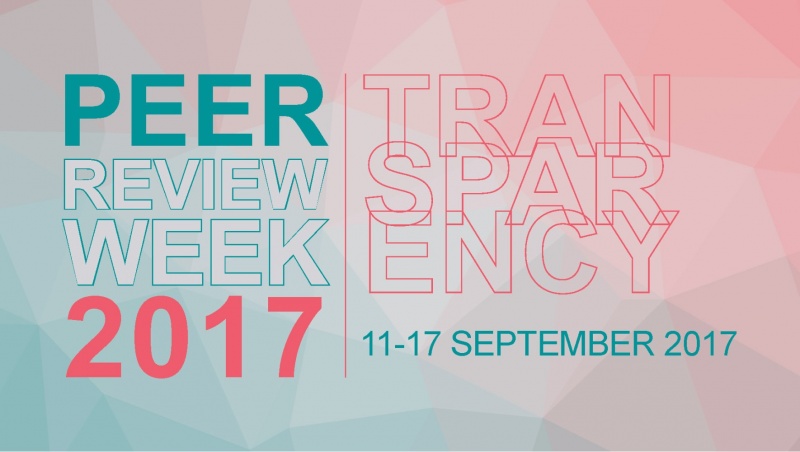 Whither peer review?
Whither peer review? To coincide with its launch, Digital Science and BioMed Central have published “What might peer review look like in 2030?”
To coincide with its launch, Digital Science and BioMed Central have published “What might peer review look like in 2030?” An excellent summary of the report by Alice Meadows
An excellent summary of the report by Alice Meadows Post-publication peer review, however, has not had as much traction as it might have. Jon Tennant examines potential reasons for this
Post-publication peer review, however, has not had as much traction as it might have. Jon Tennant examines potential reasons for this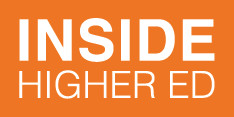 Meanwhile, peer review still has its problems, an example being a history journal having to apologise for its choice of peer reviewer
Meanwhile, peer review still has its problems, an example being a history journal having to apologise for its choice of peer reviewer The TRUST project is an interdisciplinary collaboration aiming to produce three sets of tools: (1) a global code of conduct for funders, (2) a fair research contracting online tool and (3) a compliance and ethics follow-up tool. Two recent reports are reviews of the Chinese and Russian ethics systems
The TRUST project is an interdisciplinary collaboration aiming to produce three sets of tools: (1) a global code of conduct for funders, (2) a fair research contracting online tool and (3) a compliance and ethics follow-up tool. Two recent reports are reviews of the Chinese and Russian ethics systems A recent article published in Journal of Academic Ethics examines the concept of plagiarism in a changing ethical landscape
A recent article published in Journal of Academic Ethics examines the concept of plagiarism in a changing ethical landscape Related to which, as plagiarism detection software evolves, worrying new ways to evade them also appear
Related to which, as plagiarism detection software evolves, worrying new ways to evade them also appear Understanding Patient Data has been set up with the belief that responsible use of patient data has the potential to deliver better care
Understanding Patient Data has been set up with the belief that responsible use of patient data has the potential to deliver better care This article looks at how data has been used to help improve retention of students
This article looks at how data has been used to help improve retention of students Dorothy Bishop makes an impassioned argument for requiring psychology students to share data and register reports
Dorothy Bishop makes an impassioned argument for requiring psychology students to share data and register reports Peter Suber summarises the ways in which researchers can evaluate journals before joining editorial boards or submitting an article
Peter Suber summarises the ways in which researchers can evaluate journals before joining editorial boards or submitting an article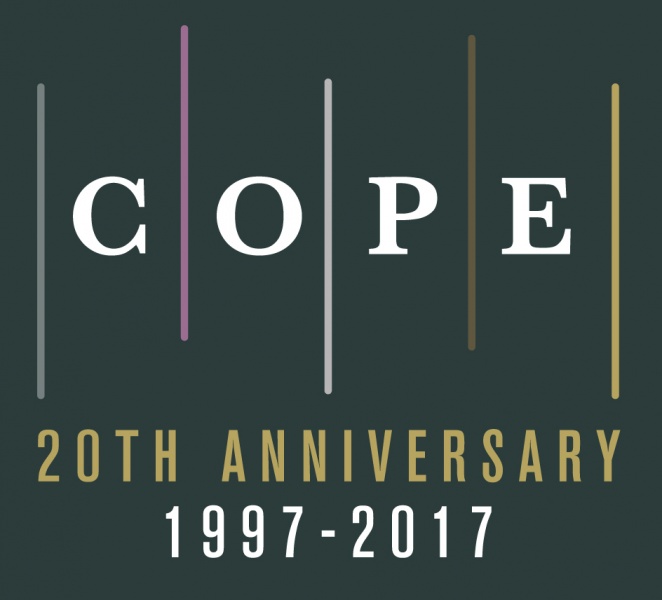 Celebrating 20 years of COPE at our 2017 European Seminar, we have a special programme reflecting on changing times in publication ethics.
Celebrating 20 years of COPE at our 2017 European Seminar, we have a special programme reflecting on changing times in publication ethics. COPE will be represented at the forthcoming
COPE will be represented at the forthcoming 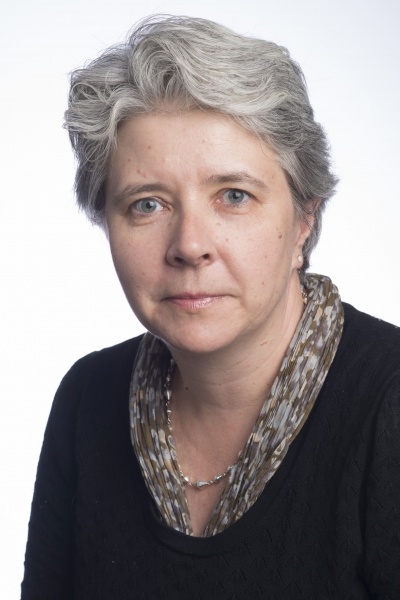 COPE Chair,
COPE Chair,  Somewhat related to the discussion of ‘wicked problems’ in publication ethics, COPE Council Member,
Somewhat related to the discussion of ‘wicked problems’ in publication ethics, COPE Council Member, 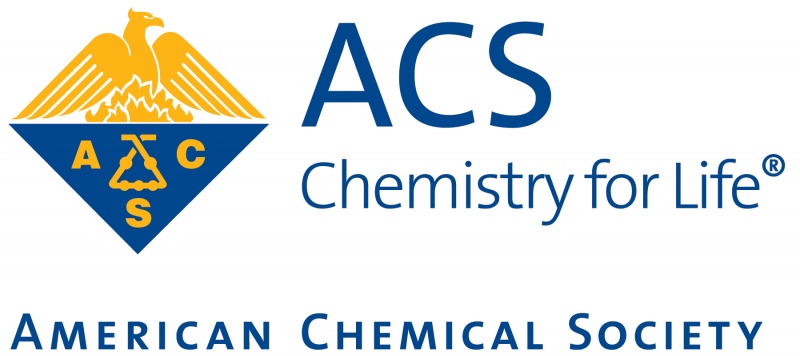 On April 3, COPE Council member
On April 3, COPE Council member 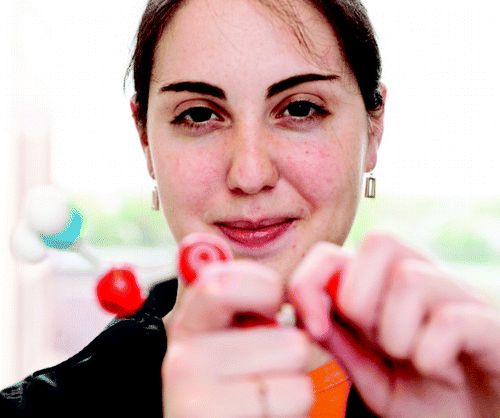 While many medical journals follow strict guidelines for authorship based on guidance from the International Committee of Medical Journal Editors (I
While many medical journals follow strict guidelines for authorship based on guidance from the International Committee of Medical Journal Editors (I
 Now translated into Arabic, the COPE flowcharts help editors implement advice in suspected misconduct cases. Our thanks to Ahmad Abu-Aysheh, Laila Khaled and Shalimar Shadeed for their translation work. The Arabic flowcharts can be downloaded from the
Now translated into Arabic, the COPE flowcharts help editors implement advice in suspected misconduct cases. Our thanks to Ahmad Abu-Aysheh, Laila Khaled and Shalimar Shadeed for their translation work. The Arabic flowcharts can be downloaded from the  As part of the project
As part of the project